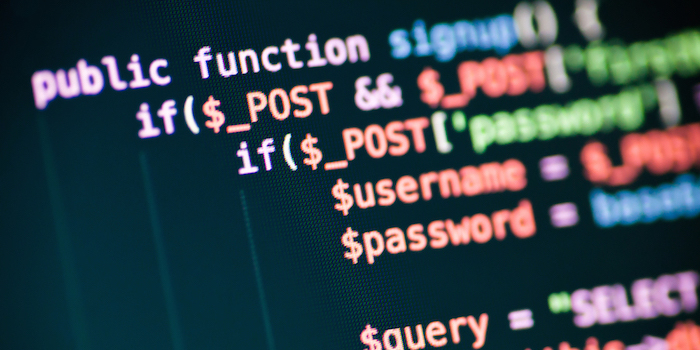The first thing that you have to keep in mind is that your personal statement is a unique chance to communicate directly with the admissions board of the program you choose to study. For that reason, it is important that you make your piece of writing as effective as you can.
If you choose to apply to a program that involves interviewing candidates, your personal statement may also serve as a solid basis for the interview.
Use your personal statement as an opportunity to show what makes you the best match for the program and why the school should choose your application over everyone else. It is crucial that you target your work directly towards the discipline that you’re interested in. At the same time, the chosen college or university will also want to know something about your general interests as well.

Why You Apply
Let the admission board reps know how and why you became interested in the chosen discipline and college. For how long have you been interested in a particular field of study? In what way does it relate to your career aspirations? In an opening paragraph, you have to hook your reader’s attention by conveying your fascination with the chosen subject. It might be easier to get back to the first paragraph once you have accomplished the whole paper.
Figure out What Your Topic Choices Are
Many students find it hard to decide where to start. First, think of what you can write your personal statement about. While a lot of young people tend to apply with overdone topics, you can choose the one that is more specific from the list given below:
- The lessons that you have taken from certain obstacles and how they helped you to succeed. Just think of the times when you faced a real failure or challenge. How did it help you shape your today’s personality?
- Many students have talents, interests, and backgrounds that are so meaningful that their personal statements would be incomplete without this piece of information. If that’s your case, make sure to include your story.
- Talk about the problem that you have successfully solved. It can be some ethical dilemma or intellectual problem – anything that matters the most to your personality.
- Talk about an event, concept, or idea that you find interesting and can talk about for hours. What makes you find it engaging? Is there anyone that you approach when you need to learn more about it?
Regardless of the topic that you choose to write about, make sure you stay “personal.” After all, we all have a unique story to tell to let our readers know how we managed to get where we are at the moment.
Experiences That Support Your Application
- Let the reps of the admission board know what relevant experiences you have had and that you know will help you succeed with the course.
- Include evidence in order to support your points. For instance, you can mention what exactly you have got out of your studies; what topics you have preferred and succeeded with; what field trips you had and books you read, and so on.
- Have your family members or hobbies played any role in the selection of the course?
- Include your mentoring, part, and full-time experiences into your personal statements. Provide an explanation of how these experiences influenced your decision to choose a particular course.
Show What Kind of Person You Are
It’s time to talk about your personal interests. Let them know what musical, movie, hobbies, and sports preferences you have. Make sure to talk about any activities that you took part in inside/outside of college/high school.
It is crucial to ensure your personal statement is logical and coherent. The point is that it will be quite odd if you tell your readers that you aim at an academic course that involves sport and yet you fail to include any sports among your extracurricular activities.
The experts working for personal statement editing services recommend including any positions of responsibility that you held and that you’d like to do in the future as well. If there’s anything that you’re proud of in your academic or professional life, write about it in your personal statement.
Edit Your Work
Once you’ve accomplished your personal statement, put it aside for a while. Your eyes are tired by now, so make sure to step away from your piece. Save your document on your computer and take a break. Go for a walk, take a nap, hang out with your friend, or workout. Do whatever it takes to help both your mind and your body to relax and reload.
When you get your hands back to your personal statement, ensure to look for all grammar, punctuation, spelling, style, sentence structure, and other mistakes. Never submit your project without checking all the grammar issues! The reality is that your personal statement is the reflection of your individuality, from the topic that you choose to the typos that you make in the process. Your job is to impress scholarship providers or the admission board committee with perfect structure and flawless grammar.




